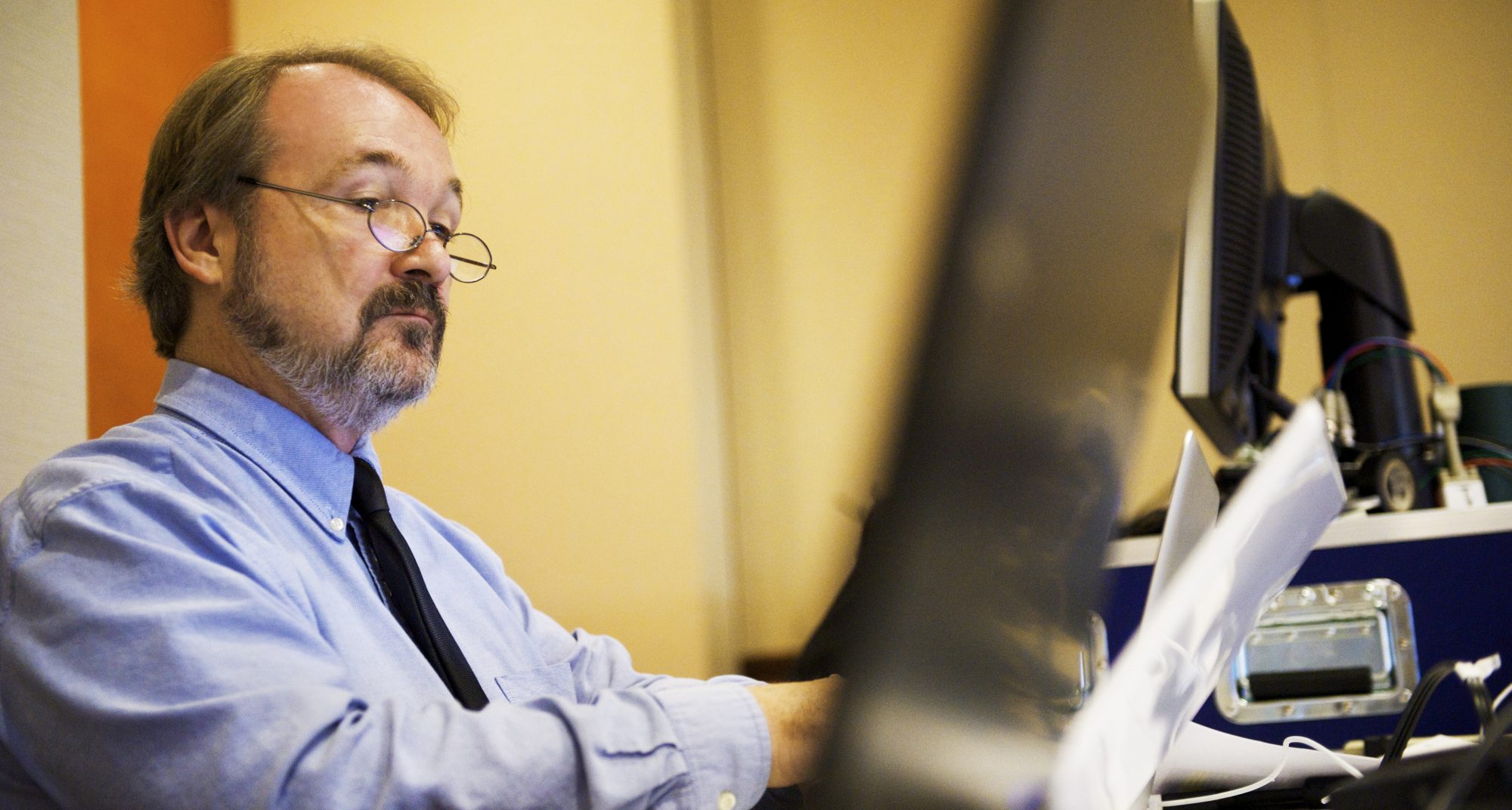
On Saturday morning, I worked my monthly volunteer shift at our tiny little library. I turned on the lights, checked the heat pump, turned on both computers and logged into the circulation system, put out the flag and turned the CLOSED sign over to OPEN.
The library’s only open for two hours on Saturday, from 10 to noon, and we had six patrons over the course of two hours. Including me, since I took out two books. I renewed a book, handed out and recorded an interlibrary loan, checked out two DVDs and a book, and handed out six boxes of COVID antigen tests that we got from the state’s Department of Health. But two other things presented themselves as miniature life lessons.
The first was that our librarian stopped by to take the trash and recycling to the transfer station, and to drop off the mail she’d just picked up. And she said, “Do you read graphic novels?”
“Not as something that I seek out, but I’ve read some really wonderful ones. Why?”
She walked over to the new books, and picked up a copy of Gender Queer, the graphic memoir by Maia Kobabe that first came out in 2019 and has just been re-released in a wonderful hardcover edition. She said, “This is a really wonderful book, it helped me understand someone’s experience who’s nonbinary, and asexual.” And then she smiled, and said, “It’s been on the top ten list of challenged books. Whenever the list comes out, I try to make sure that the Library has all of them.”
We don’t talk about this nearly enough, it’s a dangerous thing to say. But one of the foremost functions of education is to take children away from their families. To show them the diversity and wildness of the world, to keep them from being locked into their parents’ molds. Whether you grew up in a brokerage-funded Manhattan penthouse or a fundamentalist ranch house in Amarillo, your parents can only show you one way to live.
There are others.
And the role of school, and the role of a library, is to give kids access to the others. To let us see a broad array of possibilities from which we might choose, any of which might make sense in a given set of circumstances. To let is know that if we feel like a misfit, there are lots of misfits, that we’re not uniquely broken. I learned so many things from libraries, and from bookstores, that my parents would have liked to “protect” me from. Things that I needed to know.
Our homes are little worlds. Our books are big worlds. And the big world is contentious, and won’t reflect all of our values all of the time, and our kids need to know how to navigate that, too. The alternative is a binary: you’re either with us or against us. It’s a closed fortress with the drawbridge up tight, peering out through the keyhole at the enemy hordes.
I’ve now read that book, and I also think it was absolutely terrific. And scary, and illuminating, and uncertain, and honest about being all of those things. Intending to be all of those things.
Thank you to Maia Kobabe. And thank you to our librarian, and all of the librarians who teach us to not be afraid of the world.
The second thing I learned was a simple comparison. I was looking at the poetry to see if we had anything by Robert Hayden, the author of one of my very favorite poems ever. We didn’t. But because we’re a small library, the poems (Dewey 811, American Poems in English) are just adjacent to the essay collections (Dewey 814, American Essays in English). And I stumbled across an essay collection I hadn’t known about, Ursula Le Guin’s 2017 No Time to Spare: Thinking About What Matters. Le Guin was one of our wise elders, like Jane Jacobs and Barbara Ehrenreich, always able to think broadly abut the world, able to be generous and sharp simultaneously. Writers who afflict the comfortable and comfort the afflicted.
And because we’re a small library, about six inches away from the essays of Ursula Le Guin were the essays of David Sedaris. Snarky, petty, utterly self-absorbed, not a second’s generosity available for anyone. I know which writer I aspire to become. And the adjacency was its own lesson.
Then, this afternoon, a related third lesson. A friend was doing her own volunteer shift at a local arts gallery, and knew that there wouldn’t be swarms of visitors on a 90-degree July afternoon. So she took my most recent little collection of short stories to keep her company for her three hours. Partway through the afternoon, she texted me:
The first story, “Loyalty,” is lyrical and stunning with its generosity and wisdom. Pretty amazing. On to “My Cupcake Pal.”
Then a little later:
In a world of partisanship and division, your stories are a refuge. People are kind and caring.
I’ll take it. That’s another thing that stories can do. As Le Guin says, “The direction of escape is toward freedom. So what is ‘escapism’ an accusation of?” Refuge matters in a storm.



